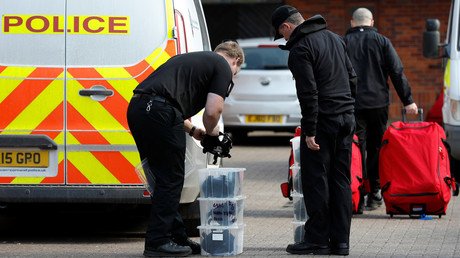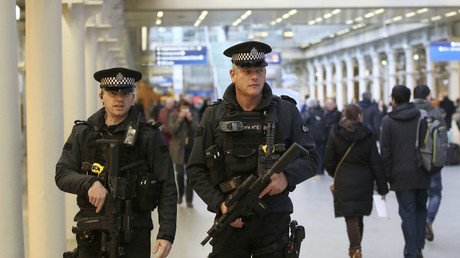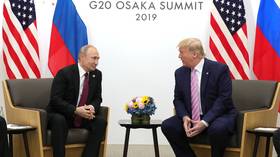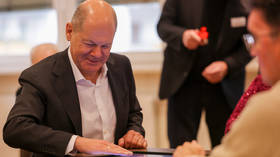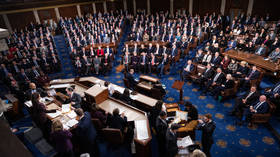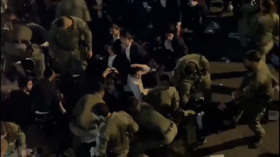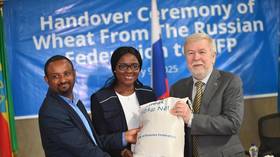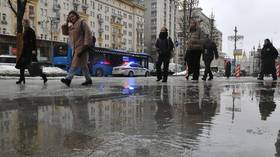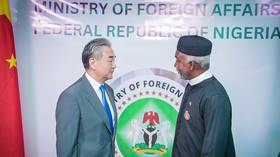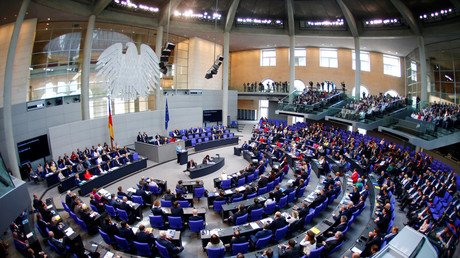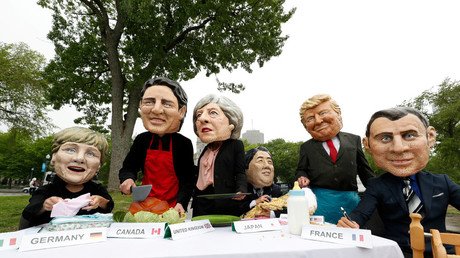Russia violated no international norms in its response to Skripal case - German parliament’s agency
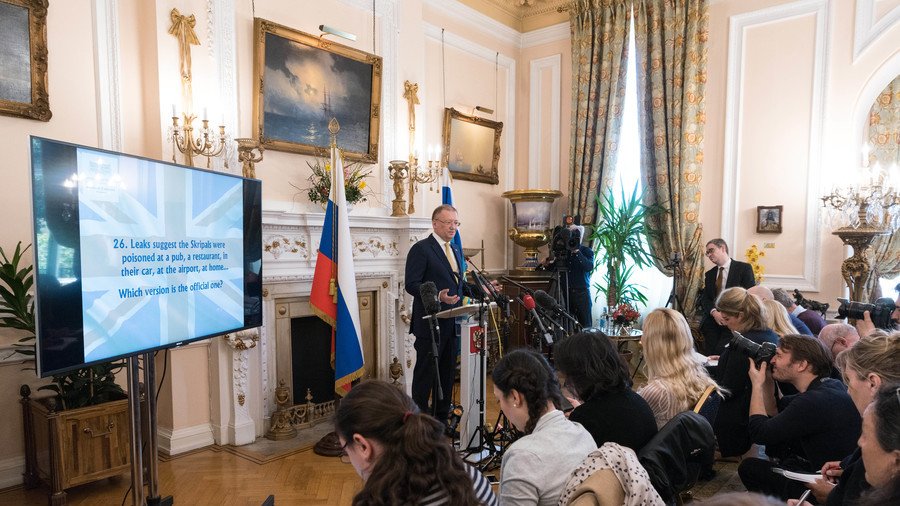
Moscow has acted in full accordance with international law during the inquiry into the poisoning of the Skripals, the German parliament’s service said. London’s actions were seen as more questionable, though.
The German Bundestag’s Research and Documentation Services have “found no clear violations of cooperation obligations under the [Chemical Weapons Convention] CWC [committed] by Russia,” a report issued by the parliament’s agency following a legal review of the actions of various actors during the investigation the former Russian double agent, Sergei Skripal, and his daughter, Yulia.
During an emergency meeting of the Organization for the Prohibition of the Chemical Weapons (OPCW), Russia expressed its readiness to investigate the incident together with the British authorities, “thus expressing its readiness for cooperation [required by the international norms], at least nominally,” the report says, adding that it was the UK that rejected this offer. It also notes that “Russia complained that it had not been granted access to the results of the British investigation.”
The paper also draws attention to the fact that Russia’s culpability in the Skripal case “has not been proved so far” with any evidence. The actions of London itself were more questionable, according to the 14-page document.
“The UK has reported the use of a nerve agent to the … OPCW but has not initiated any official procedure based on the norms of the CWC,” the report says. It also criticizes the ultimatum the UK issued against Russia about a week after the incident.
In its ultimatum, “the British government did not explicitly refer to the Chemical Weapons Convention,” the German parliament’s research service says, explaining that the CWC gives any party to the agreement up to ten days to provide clarification to any relevant case. The two-day period London set for Moscow to provide an answer to its ultimatum “appears to be void under [the norms of] the CWC,” the report says.
The paper also justified the expulsion of the Russian diplomats by the UK and its allies over the Skripal case. “The expulsion of diplomats is just an “unfriendly act” that does not require any justification under the international law,” the document said, adding that any country has a sovereign right to declare any diplomats persona non grata.
However, the move apparently did not sit well with some German politicians. The report by the Bundestag’s research service shows that “reaction of the Federal Government to the alleged chemical attack in the British [town of] Salisbury was hasty and unfounded,” a member of the German Left Party, Heike Haensel, told the German Neue Osnabruecker Zeitung daily.
The expulsion of the Russian diplomats “is unacceptable and is apparently just a part of a political campaign,” the politician added as she called on the German government to call off this decision.
Germany seems to become increasingly skeptical about the UK’s claims about Russia’s culpability in the Skripal case. Earlier this week, it was reported that the government has still not received a single piece of evidence that could back London’s claims that Moscow was behind the poisoning of the Skripals.
The German intelligence also failed to find any link to Russia in this case so far. London blamed Moscow for the poisoning of the double-agent and his daughter almost immediately after the incident, using the now infamous wording “highly likely.” It has been conspicuously tight-lipped about any evidence ever since, though, prompting the Russian envoy to the UK to assume that the UK was even trying to “destroy” evidence in the probe.
Meanwhile, the Scotland Yard has recently said it was still following multiple leads in the investigation, which has already cost British taxpayers £7.5 million ($10 million). Both Sergei and Yulia Skripal have been released from the hospital.
